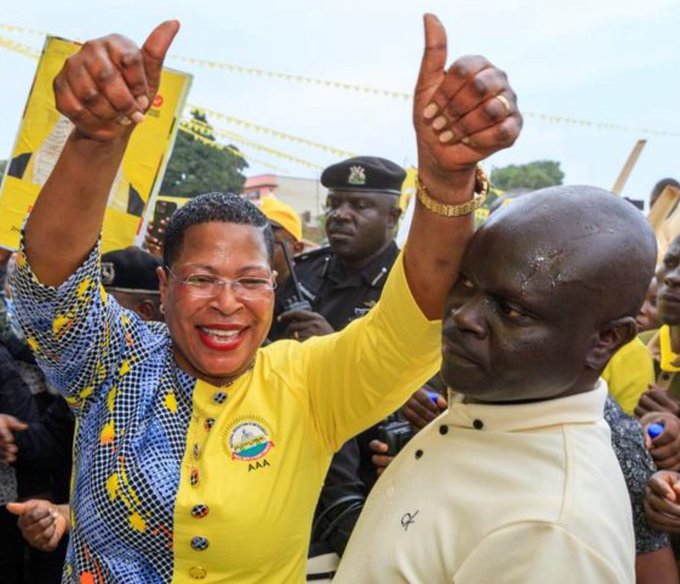The Electoral Commission (EC) has called for the removal of three women aspiring to contest for the position of Speaker in Uganda’s Parliament, citing irregularities and non-compliance with the set legal and procedural requirements. This directive has sparked significant debate about electoral integrity, gender inclusivity, and the democratic process within Uganda’s legislature.
Background on the Speaker’s Role
The Speaker of Uganda’s Parliament holds a pivotal role in the country’s governance framework. As the head of the legislature, the Speaker presides over parliamentary sittings, ensures the smooth conduct of debates, and maintains order during sessions. Beyond parliamentary duties, the Speaker represents Parliament both nationally and internationally, acting as a liaison between the legislature and other arms of government. The position requires impartiality, adherence to constitutional provisions, and the capacity to manage diverse political interests within Uganda’s pluralistic society.
The Speaker is elected from among the sitting Members of Parliament (MPs) and must meet stringent eligibility criteria, including membership of Parliament and endorsement by political parties. The role is critical to ensuring checks and balances in governance and upholding democratic principles in the legislative process.
The Issue at Hand: Removal of Three Female Candidates
Following the announcement by the current Speaker Jacob Oulanyah, who vacated the position to pursue other engagements, the race to fill the Speaker’s chair attracted several candidates, including three women whose bids have now been challenged by the EC.
The commission’s official statement cited several grounds for their disqualification:
-
Failure to meet eligibility criteria: The three women were reported to be either not sitting MPs or lacked necessary party endorsements.
-
Procedural lapses: These candidates reportedly did not adhere to nomination deadlines and proper submission of required documentation during the application process.
-
Concerns over regional representation: The Speaker role demands equitable regional representation to reflect Uganda’s diverse demographics. The EC questioned whether these candidates met such considerations appropriately.
The EC’s insistence on upholding these rules aims to protect the legitimacy of parliamentary leadership and maintain public confidence in democratic institutions.
Political Party Dynamics
Uganda’s political landscape is marked by several dominant parties and regional interests competing for influence. The ruling National Resistance Movement (NRM) continues to hold significant sway in the legislature, with opposition parties such as the Forum for Democratic Change (FDC) and others actively participating.
The Speaker election is often influenced by these party dynamics, as the position not only commands parliamentary authority but also political leverage. The exclusion of the three women candidates reshapes the contest and could tilt the balance in favor of candidates with stronger party backing or regional influence.
Gender and Democratic Implications
The removal of the three women from the Speaker contest has attracted concern from gender rights advocates and civil society groups who view the move as a setback for female political participation. Women’s representation in Ugandan politics has improved over the years but remains underrepresented in top leadership roles.
Civil society organizations have called for transparency and fairness in the disqualification process, emphasizing that adherence to the law should not come at the expense of inclusive governance. They affirm the importance of creating an enabling environment where qualified women can vie for such high offices.
Meanwhile, some political analysts argue that the EC must apply rules uniformly to ensure merit-based competition, regardless of gender, to preserve the institution’s credibility.
The Way Forward
The EC’s decision highlights the tension between legal adherence, political realities, and social progress. While the commission’s role is to ensure electoral integrity, this episode underlines the broader challenges Uganda faces in balancing constitutional mandates with the demand for greater inclusivity in political leadership.
As the Speaker election proceeds, stakeholders—political parties, Parliament, civil society, and citizens—must work collaboratively to ensure the process is transparent, democratic, and reflective of Uganda’s diverse society. Ensuring a fair contest will strengthen public trust in parliamentary leadership and help advance Uganda’s democratic governance.
Moreover, this incident opens up wider discussions on institutional reforms that could simplify nomination procedures while promoting gender equality and regional inclusiveness. Such reforms will be vital in making leadership positions accessible to all qualified Ugandans and in fostering a truly representative Parliament.

